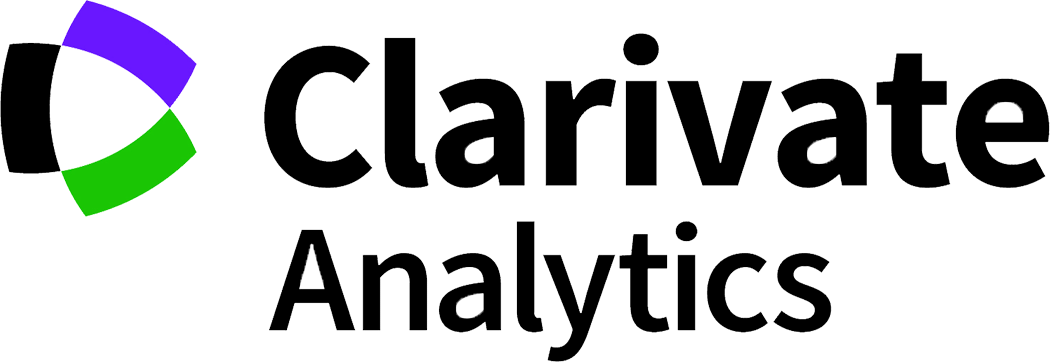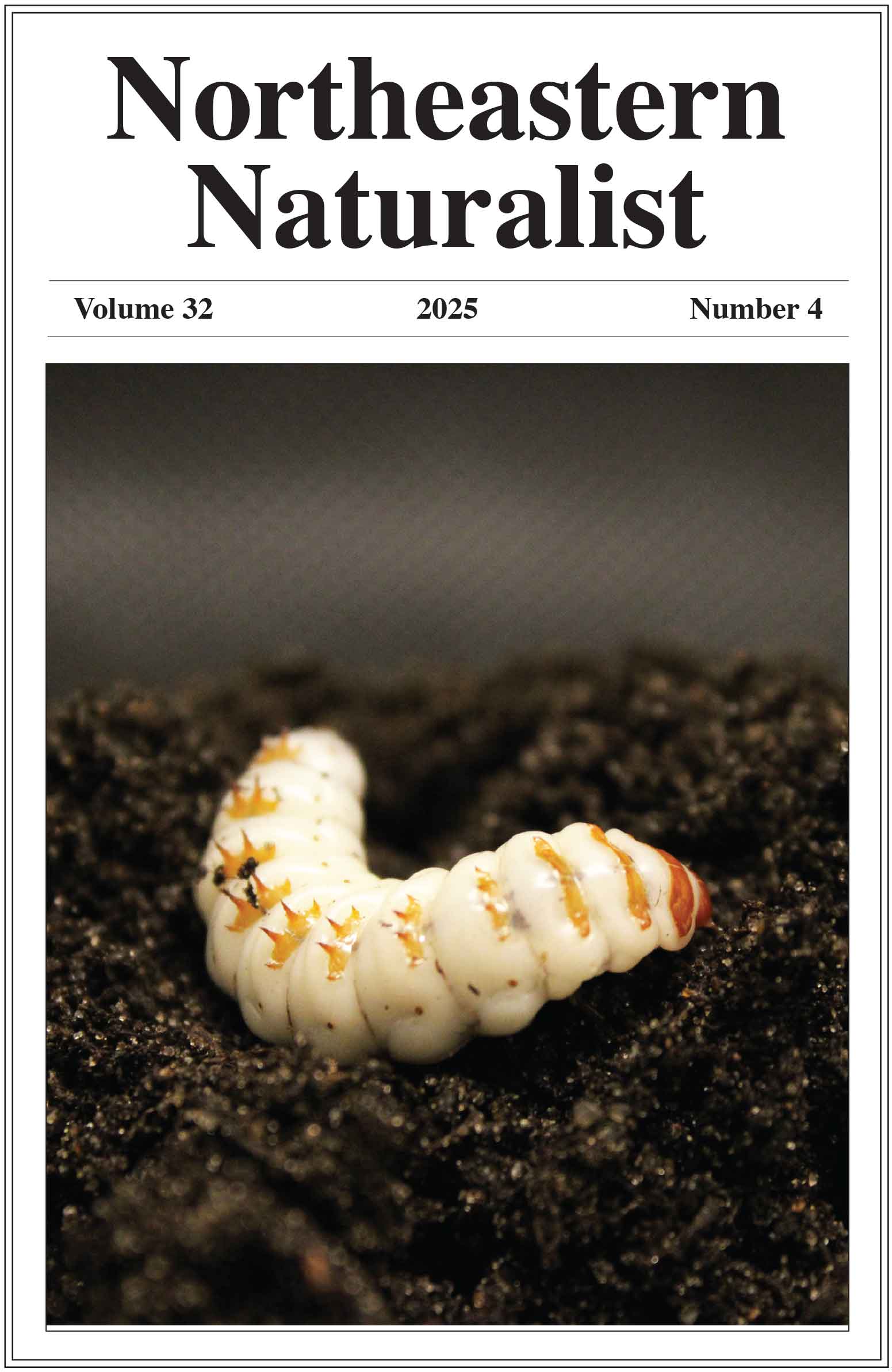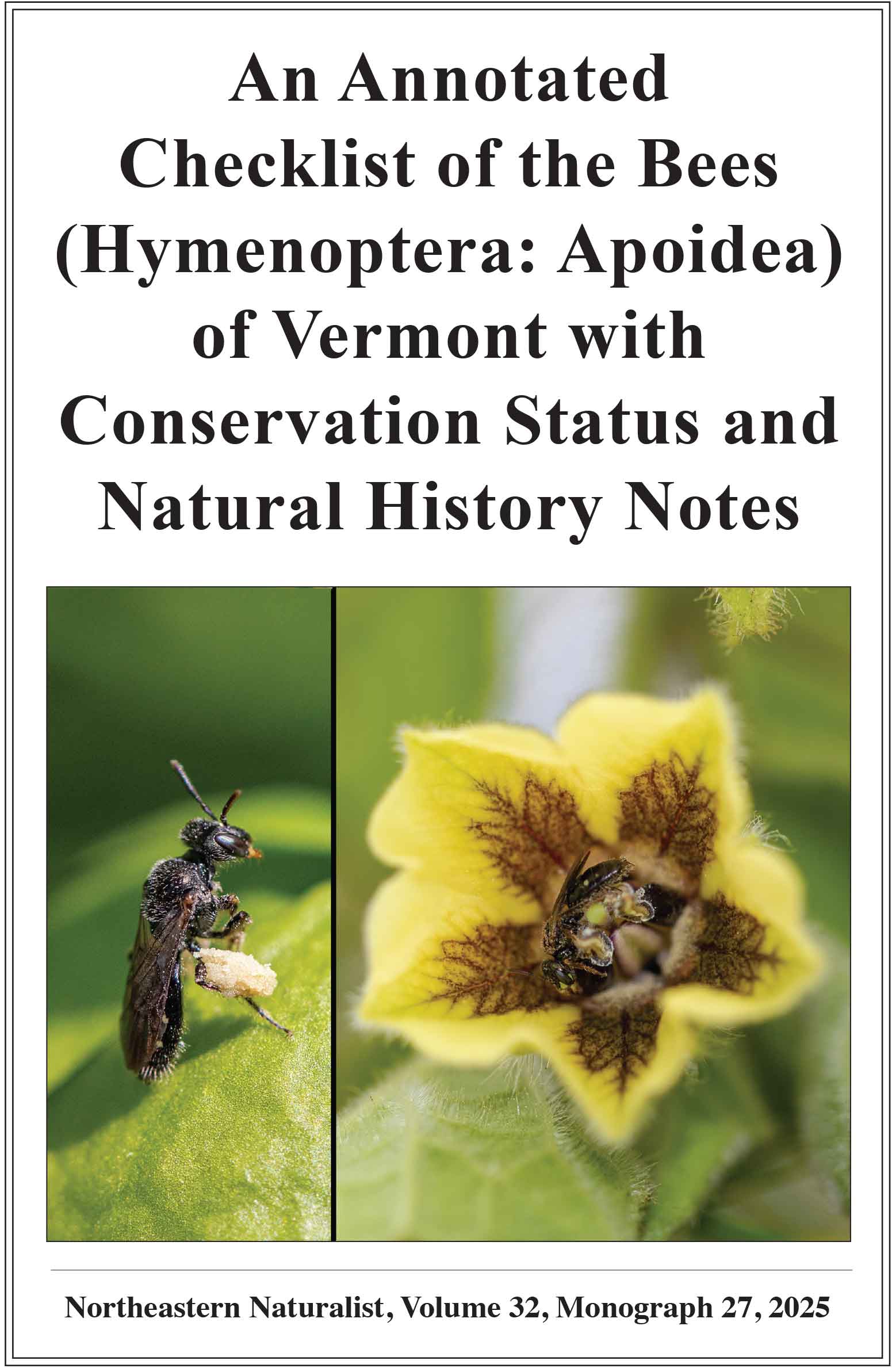Plant Species Composition and Interactions within Communities Invaded by Persicaria perfoliata (Polygonaceae)
Jaewon Kim1, Cynthia D. Huebner1,2,*, and Yong-Lak Park1
1Entomology Program, Division of Plant and Soil Sciences, West Virginia University, Morgantown, WV 26506. 2Northern Research Station, USDA Forest Service, Morgantown, WV 26505. *Corresponding author.
Northeastern Naturalist, Volume 28, Issue 3 (2021): 340–356
Abstract
Persicaria perfoliata (Mile-a-Minute Weed), an invasive vine, forms monocultural patches of various sizes within infested landscapes among patches also containing other plants. We compared the species composition of P. perfoliata-dominated patches and adjacent nondominated patches in 2 topographically homogeneous sites using 20 paired plots, nonmetric multidimensional scaling, multi-response permutation procedure, and indicator species analyses. Richness and diversity were lower in the P. perfoliata-dominated patches but both patch types had uncommon native plants present. The patch types differed significantly in composition, and the nondominated patches were dominated by another nonnative invader, Microstegium vimineum (Japanese Stiltgrass), or a native weed, Ambrosia artemisiifolia (Common Ragweed). Documenting potentially interacting native and exotic species within an invaded landscape will help predict likely restoration success in response to targeted nonnative-invasive plant removal.
![]() Download Full-text pdf (Accessible only to subscribers. To subscribe click here.)
Download Full-text pdf (Accessible only to subscribers. To subscribe click here.)
Access Journal Content
Open access browsing of table of contents and abstract pages. Full text pdfs available for download for subscribers.
Issue-in-Progress: Vol. 33(1) ... early view
Check out NENA's latest monograph and Special Issue:













 The Northeastern Naturalist is a peer-reviewed journal that covers all aspects of natural history within northeastern North America. We welcome research articles, summary review papers, and observational notes.
The Northeastern Naturalist is a peer-reviewed journal that covers all aspects of natural history within northeastern North America. We welcome research articles, summary review papers, and observational notes.